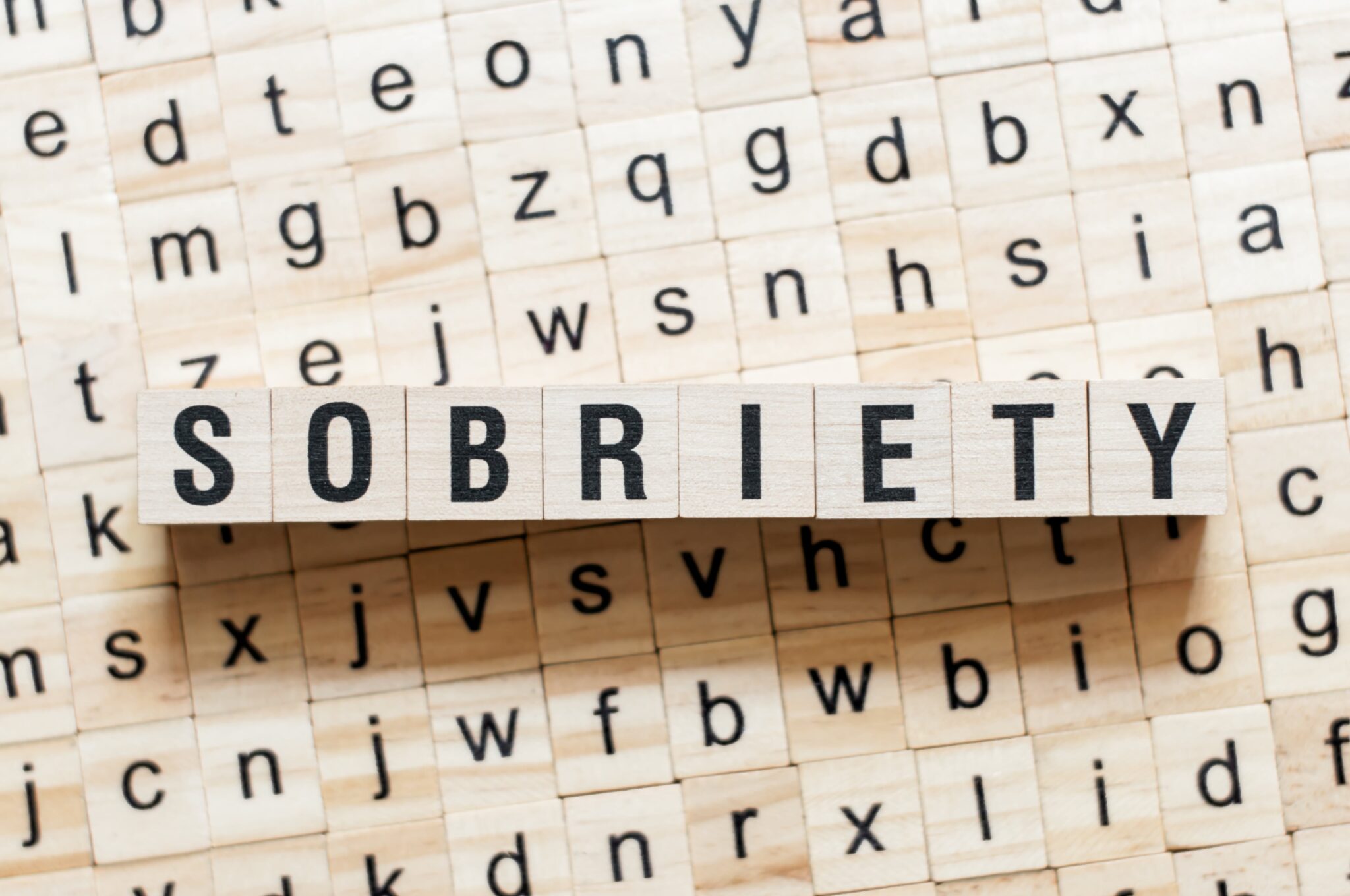
Sobriety vs Recovery & Knowing the Difference
When seeking help for drug and alcohol addiction, the terms “sobriety” and “recovery” often come up. While both concepts aim for freedom from addiction, they hold distinct meanings that can significantly impact the treatment process.
Sobriety refers to the state of living free from drugs and alcohol. It means the individual has eliminated these substances from their life. However, sobriety does not necessarily indicate the cessation of other unhealthy behaviours. An individual may stop using substances but still engage in dishonesty, manipulation, or unreliability. Thus, sobriety is about removing substances but does not guarantee the removal of other detrimental habits.
Recovery is a more comprehensive process. It involves the internal work required to live each day as a better version of oneself. This process is not about achieving perfection but about understanding the underlying issues that led to substance abuse and learning to cope with triggers without resorting to self-destructive behaviours. Recovery includes positive changes and the development of healthier coping skills through drug and alcohol treatment.

Healing the family is a critical yet often overlooked part of the addiction recovery journey.…

If you’re on the path to prescription drug addiction recovery, therapy can play a crucial…

Even if Generation Z appears to be the forefront of a more sober future, South…
Sobriety vs Recovery
Grasping the differences between sobriety and recovery is crucial for those struggling with addiction. Sobriety means the elimination of substances, whereas recovery encompasses understanding the reasons behind substance abuse and adopting new skills to prevent relapse. Sobriety is the first step; recovery is the ongoing process of maintaining that state by addressing the root causes and learning to manage daily triggers.
Similarities Between Sobriety and Recovery
Both sobriety and recovery involve the effort to stay away from drugs and alcohol. They signify the beginning of rewiring the brain back to normal functionality. In both states, individuals might attend AA meetings and enjoy a life free from substance use. However, the approaches differ significantly in depth and scope.
Differences Between Sobriety and Recovery
Sobriety is an achievement in itself, representing a period without drugs and alcohol. However, individuals in sobriety might still struggle with life without these substances, often referred to as “dry drunks” in Alcoholics Anonymous. Recovery, on the other hand, involves identifying and addressing the root causes of substance abuse. It is a deeper process where individuals learn their triggers and develop strategies to avoid reverting to substance use as a coping mechanism.
Transitioning from Sobriety to Recovery
Transitioning from sobriety to recovery is transformative. Simply being sober without engaging in recovery work often leaves negative and unhealthy behaviours intact. True freedom from addiction comes when individuals begin to work on themselves, gaining insight into their addiction and learning new coping skills. Participation in a 12-step program or a drug and alcohol treatment programme is often recommended to clear the mind and grasp the recovery process effectively.
Challenges in Recovery
One of the main challenges in recovery is the lack of proper support. Many individuals feel isolated when they stop using drugs and alcohol. Professional rehab support is crucial in building the confidence to continue the journey and overcome uncomfortable feelings. Recovery is attainable with commitment and the right support system.
Support from Changes Recovery
Experiencing a relapse is not the end of your recovery journey; it is a detour. Each step after a relapse is an opportunity to regain strength and progress. Recovery is not a linear process, and each setback offers a chance to learn and improve your approach to wellness. At Changes Recovery, we provide support whether you’ve relapsed or are seeking additional help. Our aftercare and alumni programmes ensure you have the necessary support to continue your recovery and maintain sobriety. Contact us today to find compassionate support and get back on track.
Addiction Treatment in South Africa
Addiction treatment in South Africa offers various services to address substance abuse. Options include inpatient rehabilitation centres and outpatient support programmes, all staffed with professionals like psychologists, medical doctors, and counsellors. These experts create personalized treatment plans, combining traditional therapeutic approaches with innovative techniques to provide comprehensive care.
Finding the Right Support for Sobriety
Finding the right support is crucial for achieving and maintaining sobriety. In South Africa, resources like Alcoholics Anonymous (AA) and Narcotics Anonymous (NA) offer peer support and community. These groups allow individuals to share experiences and receive encouragement. Many treatment centres also provide aftercare programmes with regular check-ins, counselling, and group therapy sessions, essential for preventing relapse.
Navigating the Recovery Journey
Recovery is a personal and challenging process that requires dedication and the right support network. In South Africa, recovery-focused programmes are available to help individuals on this path. Holistic treatment centres incorporate activities like yoga, meditation, and nutritional counselling. Evidence-based treatments, such as cognitive-behavioural therapy (CBT), are also accessible. The key to successful recovery is finding a programme that meets the individual’s needs and provides tools for a healthy, substance-free life.

Imagine your loved one, wrestling with the symptoms of addiction, feeling isolated, not just because…

As you consider seeking addiction treatment, understanding the role of medical aid can provide clarity…

Navigating the path from fear to hope in the context of addiction and mental health…